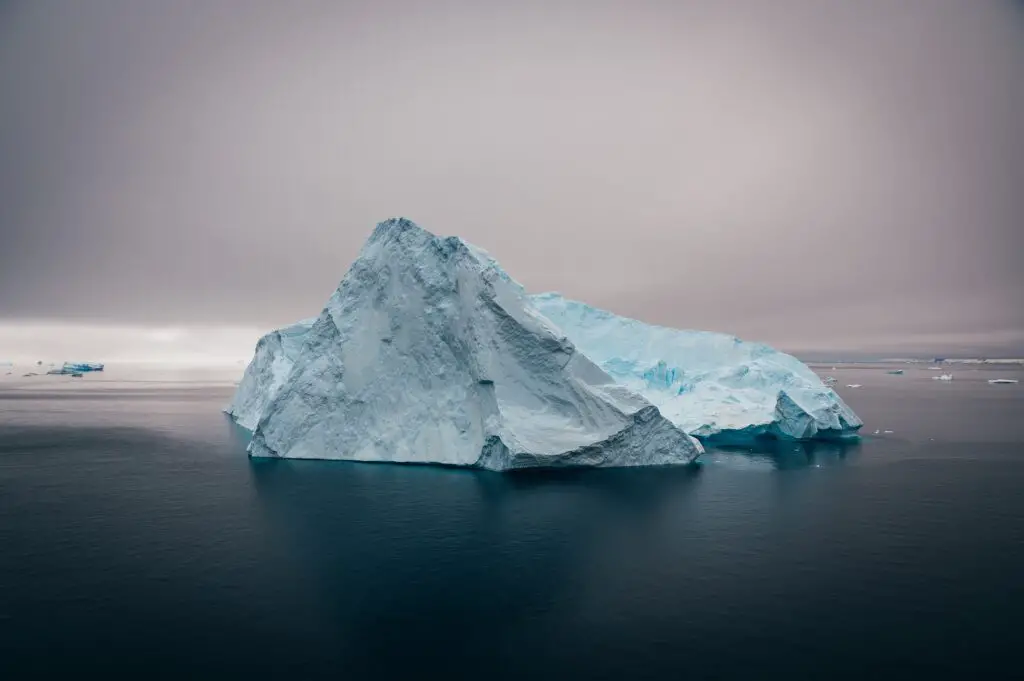We hope you enjoy our articles. Please note, we may collect a share of sales or other compensation from the links on this page. Thank you if you use our links, we really appreciate it!
Queen Elizabeth II in her message to COP26 UN Climate Change Conference in Glasgow made a moral appeal to the world leaders: “…none of us will live forever. But we are doing this not for ourselves but for our children and our children’s children, and those who will follow in their footsteps.” This message perfectly fits to the argument that the ‘long shadow of future’ is falling on all of us, and if we do not work together now the future generations will suffer. That approach chimes well with what Mary Robinson, former President of Ireland and former UN High Commissioner for Human Rights wrote, “We want to build forward with equality and justice and sustainability, sustainability with nature and with our need to have a livable world for our children and grandchildren.”
The Queen in her speech made a very relevant distinction between politician and statesman. Politicians work for their states and think in narrow terms of relative gains, maximization of national interest and power, but they do not take long range perspectives. They do not foresee what will happen in the future. In the Queen’s words, “It has sometimes been observed that what leaders do for their people today is government and politics. But what they do for the people of tomorrow — that is statesmanship. I, for one, hope that this conference will be one of those rare occasions where everyone will have the chance to rise above the politics of the moment, and achieve true statesmanship.” One rarely comes across such statesmanship from the leaders of the world today. President Harry Truman’s address in San Francisco at the closing session of the United Nations Conference in San Francisco in 1945 reflected such a long-range vision, which prioritized humanity over narrow concerns of a particular state. Truman said, “If we had had this Charter a few years ago-and above all, the will to use it – millions now dead would be alive. If we should falter in the future in our will to use it, millions now living will surely die.”
Though Truman used these words in the context of international peace, they could be applicable in the context of climate change which has in recent decades assumed a devastating proportion, which provoked organizations like Extinction Rebellion to make a radical appeal, “Life on Earth is in crisis. Our climate is changing faster than scientists predicted and the stakes are high. Biodiversity loss. Crop failure. Social and ecological collapse. Mass extinction. We are running out of time, and our governments have failed to act…We have a moral duty to take action — whatever our politics.” But as the deliberations at the climate change summit and the final agreement after the conference revealed, the world leaders lacked the courage and vision to emerge as statesmen as they prioritized their national goals over global concerns for a sustainable climate. This lackadaisical approach on part of the world leaders prompted climate change activist Greta Thunberg calling the deliberations, “blah, blah, blah.”
A report titled, “Welcome to Miami, Massachusetts” argued that if the greenhouse gas emission continues at the current rate, “… by 2100 Boston’s average summer-high temperatures will likely be more than 10 degrees Fahrenheit hotter than they are now, ‘making it feel as steamy as North Miami Beach is today’.” According to another report, “global warming has pushed temperatures up to 5 degrees higher in the region since the 1950s and could increase up to 7 degrees more by the end of the century, putting more stress on the ice.” Tony de Brum, the former Marshall Islands Foreign Minister, nominated for Nobel Peace Prize for his role in Paris Climate agreement, witnessed the ‘Bravo shot,’ the thermonuclear test at Bikini Atoll when he was 9 years old. He became a champion of nuclear disarmament and environment protection. Brum, whose island home went under waters due to rising ocean, argued, “The thought of evacuation is repulsive to us…We think that the more reasonable thing to do is to seek to end this madness, this climate madness, where people think that smaller, vulnerable countries are expendable and therefore they can continue to do business as usual.”
Like the Queen, Mahatma Gandhi in the 20th century made a moral argument for climate change. His famous exhortation “Nature has enough for everyone’s need but not for everyone’s greed” provides a powerful message in this context. Gandhi’s famous talisman is also useful in this context: “I will give you a talisman. Whenever you are in doubt, or when the self becomes too much with you, apply the following test. Recall the face of the poorest and the weakest man whom you may have seen, and ask yourself, if the step you contemplate is going to be of any use to him.”
The leaders in the Climate Change conference despite days of deliberations failed to develop a consensus on many contentious issues, leading to a very weak agreement. One of the contentious issues was the use of fossil fuel. Fast growing countries like China and India, who still depend on fossil fuel, insisted on changing the words ‘phase out’ and replace them with ‘phase down’ in the final agreement. The developed countries displayed reluctance to share the burden of climate change with developing countries and provide funding to support the efforts to curb carbon emission. The global concerns such as climate change transcend state borders. Isolation as a foreign policy strategy might have worked in the past, but in the contemporary world isolation implies invitation to more problems. A small happening in one corner of the globe can shape international developments. When we have blatantly messed up with Nature, how would we ensure the survival of human race in the decades and centuries to come? The Queen’s message is certainly instructive in this context as it makes an appeal, or rather a moral call, to the world leaders to rise above petty nationalistic thinking and adopt a long-range vision on climate change.



